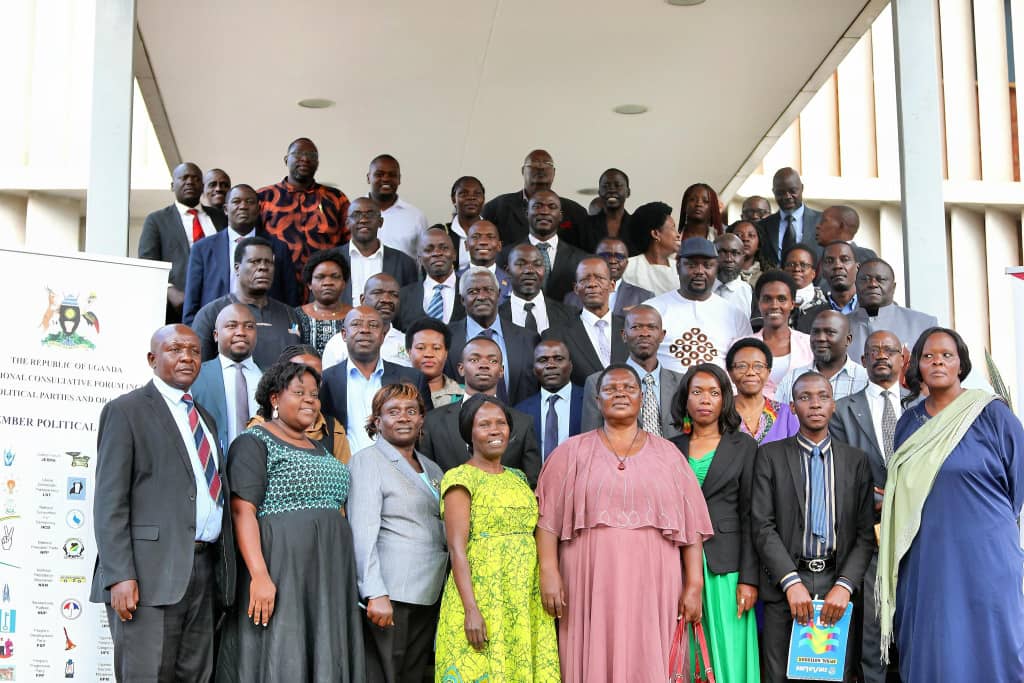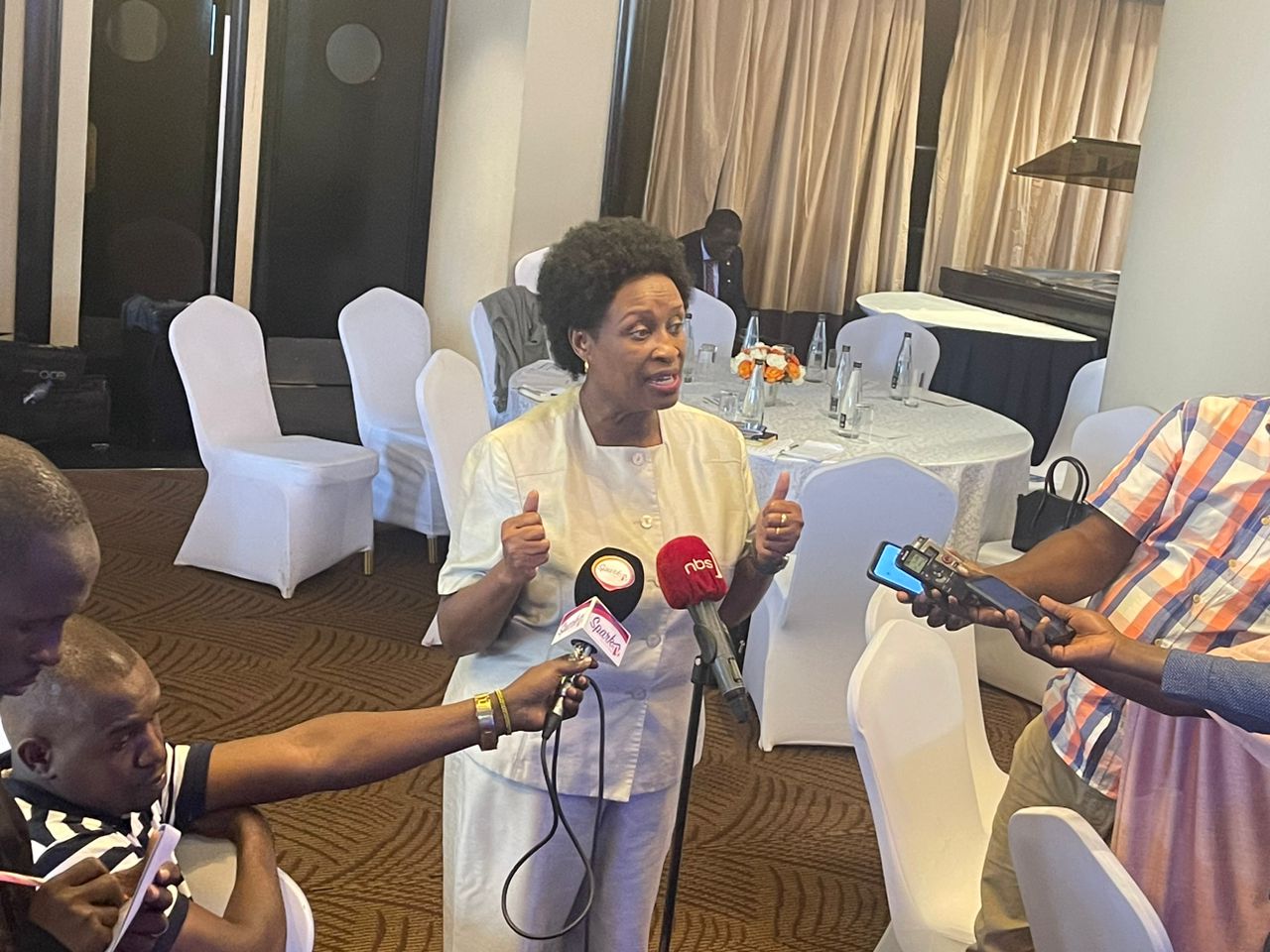
KAMPALA – Uganda’s 2026 General Elections are fast approaching, and concerns about electoral violence and communal clashes are escalating. The country’s economic situation, where a few individuals hold vast wealth while many struggle with poverty, is considered a ticking time bomb.
The stark contrasts in wealth and poverty have created social unrest, fueling tensions that could boil over into violence during the elections. Moreover, Uganda’s history of electoral violence and disputes over land ownership, ethnic differences, and resource allocation have raised fears of renewed conflict.
To address these challenges, a National Peace Process has been initiated to facilitate dialogue among key stakeholders. These stakeholders include:
Political parties, who will engage in peace-building and democratic processes.
The Electoral Commission, responsible for ensuring transparent and fair electoral practices.
The Ministry of Justice and Constitutional Affairs, which will support legal frameworks for peace.
Civil society organizations, which will mobilize communities and advocate for peace.
Religious leaders, who will promote moral and ethical dimensions of peace.
Youth and persons with disabilities, ensuring inclusivity and representation.
The media, raising awareness and fostering informed public discourse.
The International Republican Institute (IRI) has undertaken a Baseline Study to identify conflict drivers and dynamics in Uganda. The study revealed that internal democratic credibility, lack of trust in democratic processes, violence against women in politics, and technological challenges are significant drivers of conflict.
Additionally, the study highlighted ethno-political conflicts, divisions based on ethnic and political identities, armed conflicts, and terrorism as major concerns. Ecological factors, such as competition for resources, and physical and environmental factors influencing conflict were also identified.
The Promoting Peace Activity aims to prevent and mitigate political violence, enhance social cohesion among political and civil actors, and facilitate dialogues among key stakeholders.
Hon Beatrice Kiraso from IRI emphasized the importance of disagreeing peacefully, especially during demonstrations. “You can disagree, but you don’t have to do it in a way that will put you in danger,” she advised Uganda’s youth.
She noted that Uganda has numerous unresolved issues, including tribal and land conflicts, and the aftermath of the war in Northern Uganda. “These issues often resurface during election periods, leading to conflicts.”

Dr Sebastiano Rwengabo, a Political Economy Analyst, noted that the Constitution of Uganda grants excessive powers to the President, undermining institutional effectiveness.
“In organized institutions, state institutions are mandated to run the country, not just politicians,” he said.
The Electoral Commission has unveiled a revised electoral roadmap, setting January 12 to February 10, 2026, as the voting period. The Commission aims to ensure a transparent and well-organized electoral process.
By leveraging existing structures and engaging a wide array of stakeholders, the Promoting Peace Activity seeks to create a harmonious and sustainable society conducive to socio-economic and political development in Uganda.
Through collective commitment and collaborative efforts, Ugandans can advance peace, tolerance, and unity, paving the way for a more stable and prosperous future.
The National Peace Pledge will serve as a foundational commitment to peace, encouraging multi-stakeholder engagement and collaborative solutions to address conflict drivers in Uganda. By signing the pledge, political parties commit to refraining from activities that may lead to violence or harm against Ugandans.
Following the signing of the National Peace Pledge, a code of conduct is being developed to ensure accountability and adherence to the pledge.
The Promoting Peace Activity aligns with Uganda’s Constitution, supporting unity, peace, and democracy. It mobilizes Ugandans, regardless of political affiliation, gender, religion, economic status, or geographical location, to commit to peace.
This initiative is crucial in preventing conflicts and violence, promoting peace-related issues, building communication among stakeholders, and fostering empathy and tolerance for diverse perspectives.
As Uganda moves towards the 2026 General Elections, the National Peace Process and Promoting Peace Activity play vital roles in ensuring a peaceful and stable electoral process.
By prioritizing peace and unity, Ugandans can overcome the challenges that have plagued past elections and build a brighter future for themselves and generations to come.





